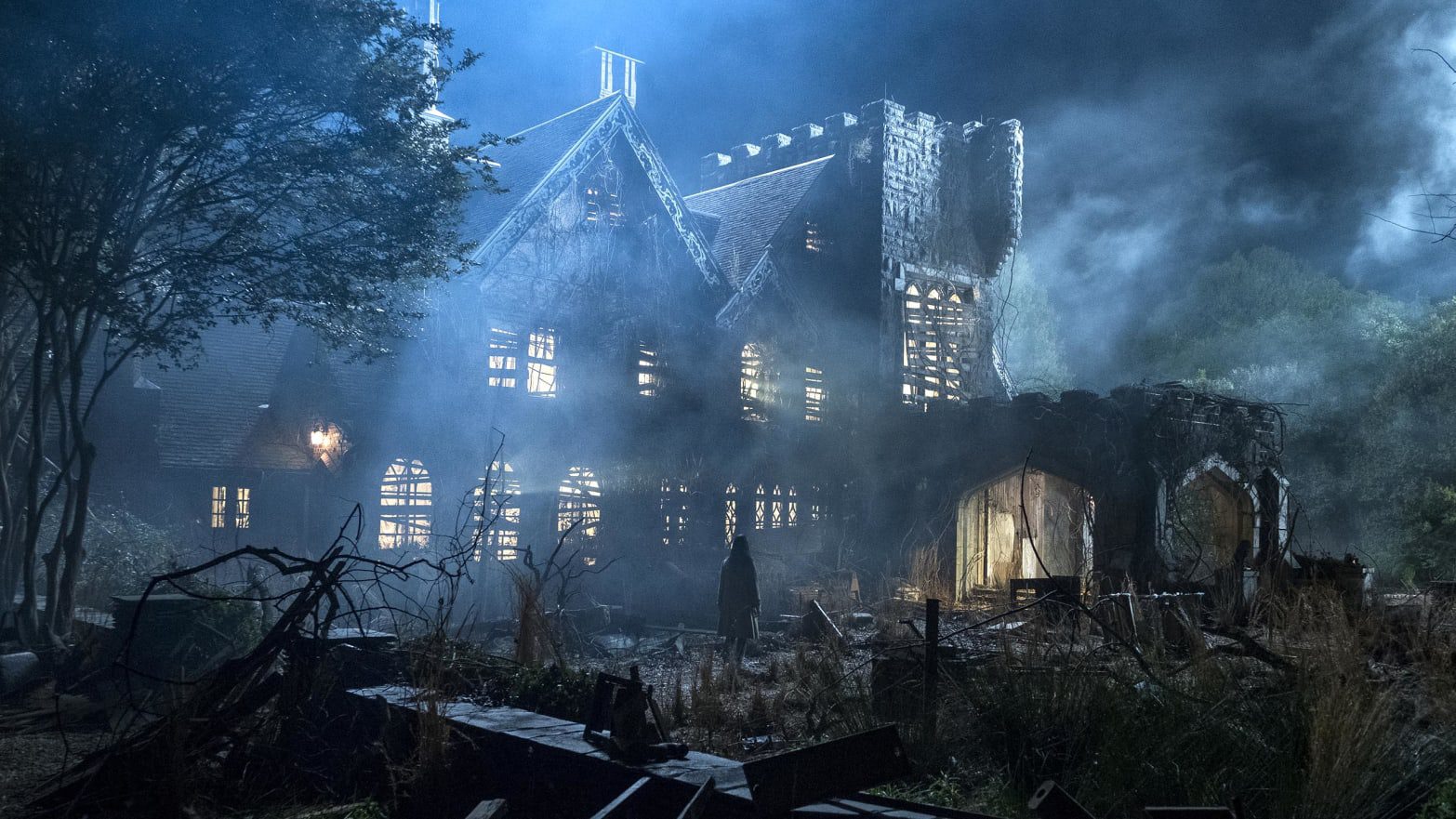A Halloween Trip Through Mike Flanagan’s Netflix Series
I’ve struggled in recent years to come up with interesting Halloween topics. I’m not the biggest horror fan, despite loving Halloween. I often fail to connect with the characters in scary movies, and end up not caring about the movie itself as a result. Two of the biggest non-monster-movie counterexamples I can think of are the works of Jordan Peele and Mike Flanagan. I’ve only seen Doctor Sleep from the latter in terms of movies, but I want to talk about Flanagan’s Netflix TV shows this Halloween. Although he was only a writer on the now-canceled The Midnight Club, I’ll include it here as it was a Netflix release with several of his usual cast members. I’ll also be taking a look at The Haunting of Hill House, The Haunting of Bly Manor, Midnight Mass, and the brand-new The Fall of The House of Usher.
I am so late to this realization, but The Haunting of Hill House is everything people were saying years ago. It’s spooky, atmospheric, emotional, and riveting. I love how the story is unraveled as each episode passes, usually focusing on one Crain sibling at a time. I wish I hadn’t known some details going in, but that’s what happens when you watch a seven-year-old show for the first time. I never lived in a haunted house, but I relate to the family, especially the five siblings. The only difference is we only have one brother. Steve’s initial misconception that the family’s problems are predicated on mental illness is understandable, and unfortunately, that is the case for many real families. My favorite characters are Nell and Hugh. Victoria Pedretti is just adorable and works so well as the youngest sister. She has the saddest story because nobody in her family listened or was willing to believe her. If you can’t turn to your family, who does that leave? Her love story is gorgeously heartbreaking, and I’m not predisposed to enjoying this sort of thing. This whole character arc is soul-crushing in just the right way, but with enough relief at the end so as to not leave the audience completely depressed.
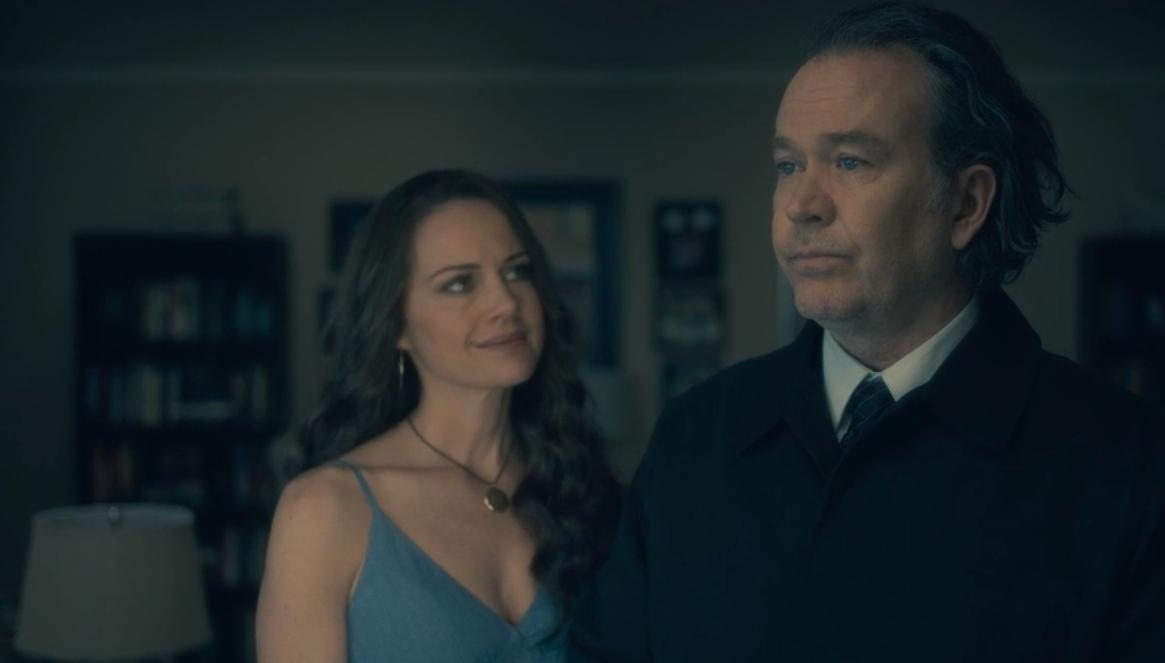
I love Hugh primarily because of Timothy Hutton’s performance as older Hugh. Henry Thomas is one of the longtime Flanagan collaborators, and he does well as the younger counterpart. But I felt such depth in Hutton’s take on this character, and I haven’t been able to get him out of my mind since. The way he struggles to tell his kids how he really feels spoke to me. The whole “never been prouder…” had me choked up. He loves his children so much he can’t even put it into words. It’s hard for me to keep my feelings to myself, but for some reason, characters like this always get to me. When your house was haunted, and your wife was killed by ghosts, what can you really say? Hutton’s interpretation speaks to the trauma Hugh has been filled with for decades. Thomas is still relatively young and has hope for the future, but Hutton’s future has been stolen away by forces he can’t even understand. It’s not right to refuse an explanation to the people involved, especially people you care about. But this character is so whole and fleshed-out despite not being a lead. We know him so well we understand why he can’t talk about the things that happened in Hill House. I could go on and on about how much I hated Steve right to the bitter end or the complicated relationships among the Crain sisters. But I think I’ll stop here because you’ve probably seen the show and if you haven’t, what are you waiting for? The Haunting of Hill House is my second favorite of these series, but I think it’s the most consistent and high-quality of the bunch. I genuinely don’t think they could or should have done anything better.
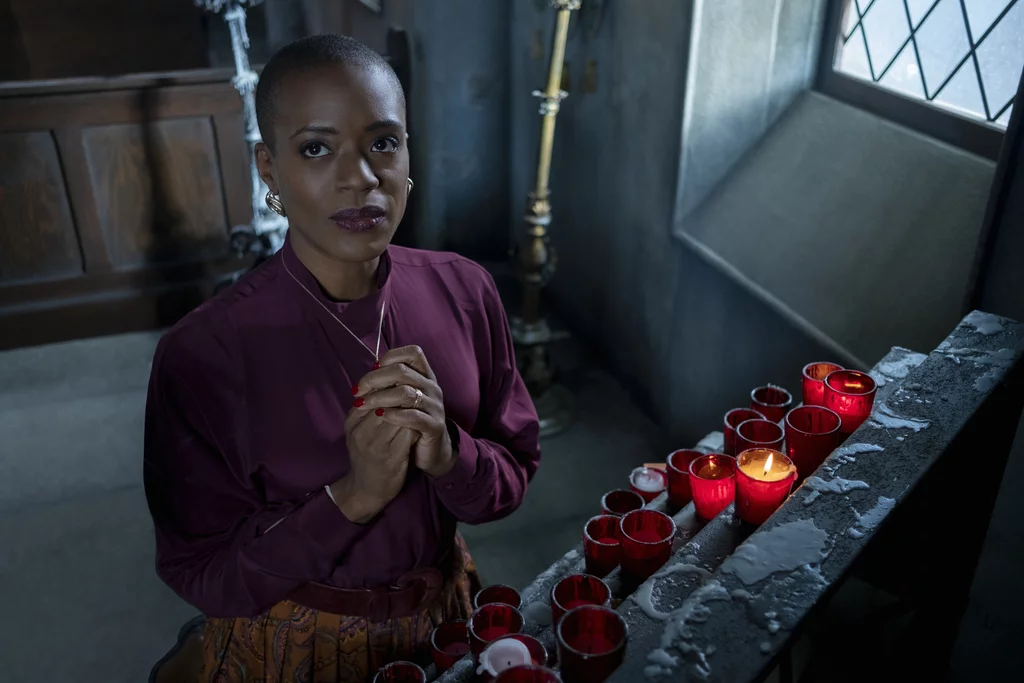
The Haunting of Bly Manor is a mostly-worthy follow-up. The main characters are much more sympathetic here, but the story itself isn’t as impressive. At the end of Hill House, I had a big “wow” moment of things coming together. Bly Manor is entirely about the journey, and the reveals don’t hit quite as hard. But it’s a very enjoyable journey! The denizens of the Manor are charming and endearing, and the scenery is just gorgeous.
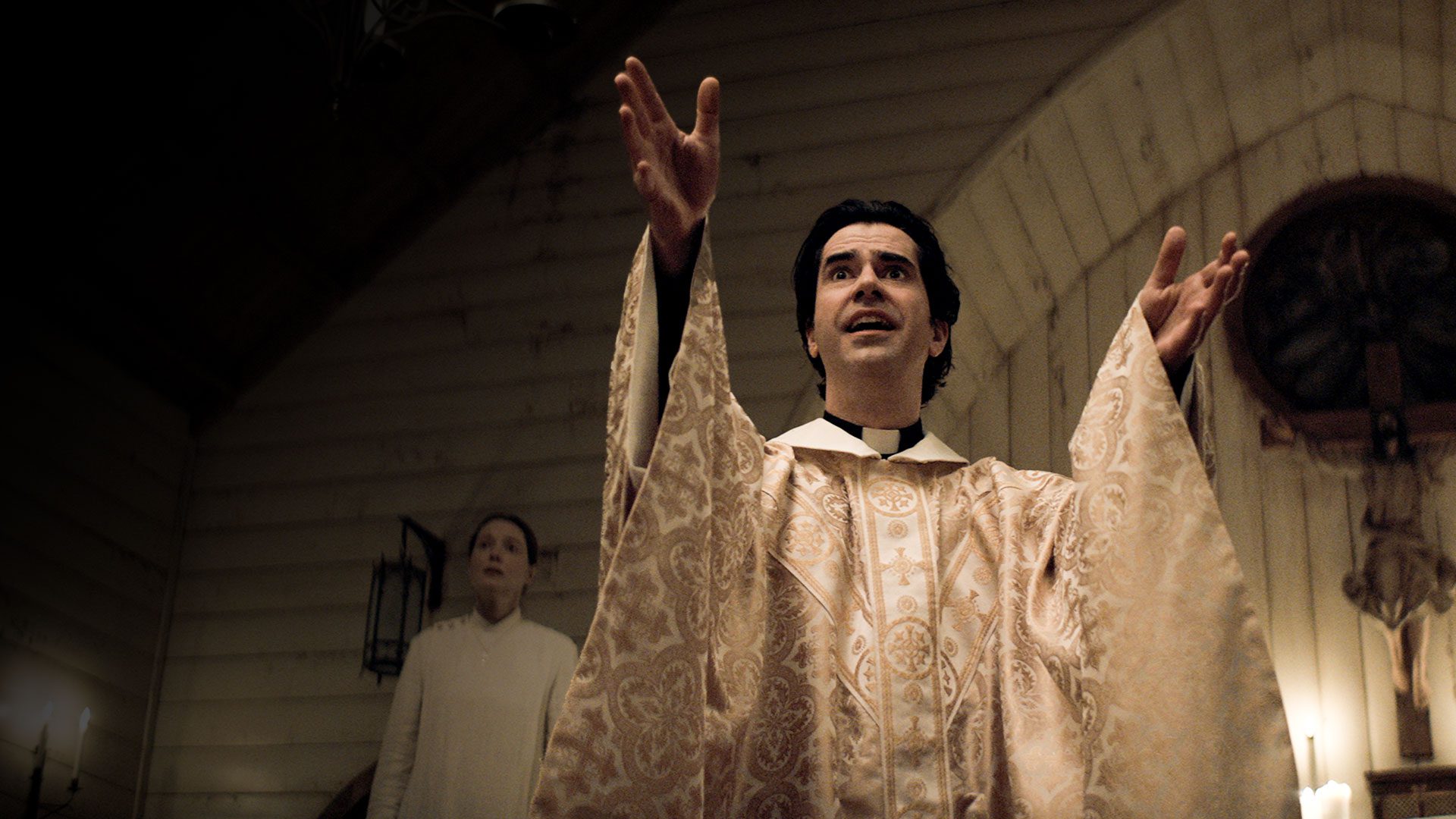
Despite having the most interesting themes of the five, Midnight Mass feels the most half-baked. Seven episodes isn’t enough time to tell such a complex story with multiple themes and point-of-view characters. I’m stuck in a strange place where Midnight Mass is my favorite and least favorite of these series at the same time. Analysis of the Church and religion fascinates me, capturing my imagination in a way that’s difficult to describe. Since each of these shows deals with religion or has at least one devout Christian character, I imagine the same is true for director Mike Flanagan. Midnight Mass also presents the most unique, interesting take on vampires in recent memory. Monsignor Pruitt’s experience in Israel and the ensuing events are unveiled in episode 3, “Book 3: Proverbs”. This episode is my favorite because it deals with my favorite character. He’s not necessarily the one I like the most, but the most gripping and memorable. This episode is also the introduction of the vampires. As I mentioned, they take an interesting and unusual form here. The whole sequence of Pruitt’s encounter with the “angel” is mysterious, unsettling, and beautiful. I quickly guessed what was really going on, but it felt understandable that he would come to this conclusion. I only wish more of the characters were this well-explored. They give us interesting tidbits about the Sheriff, like his faith and his weird fixation on making his son kiss his wife’s photo. What’s that about? I would love to know more. Even with the Flynn family, who are kind of a focal point, I’m left wanting more. Riley doesn’t get any absolution for his sins or closure. I like that because you know what? Sometimes you mess up, and it’s not ok. The way he chooses to do away with himself, in full sight of someone who loves him, is beyond unhinged. I understand what he had to do, but this was brutal and didn’t take Erin’s feelings into account. The dialogue in this show is straight fire. The majority of it is original and situational, but the use of Bible verses and Catholic ritual is brilliantly executed. Riley also writes Father Paul a letter saying, “You are dust, and to dust shall you return.” The circumstances make this hit so hard, and it’s incredibly satisfying. Among other things, Midnight Mass reminds us that life is intended to be finite. God’s promise of everlasting life, if you believe such things, isn’t literal. It doesn’t mean you don’t have to die. Father Paul’s monologue about the world burning brighter and Erin’s closing speech are phenomenal as well. This is the series I would most like to rewatch, and despite its shortcomings, it’s my favorite. I also found the mystery at the heart of this series the most engaging.
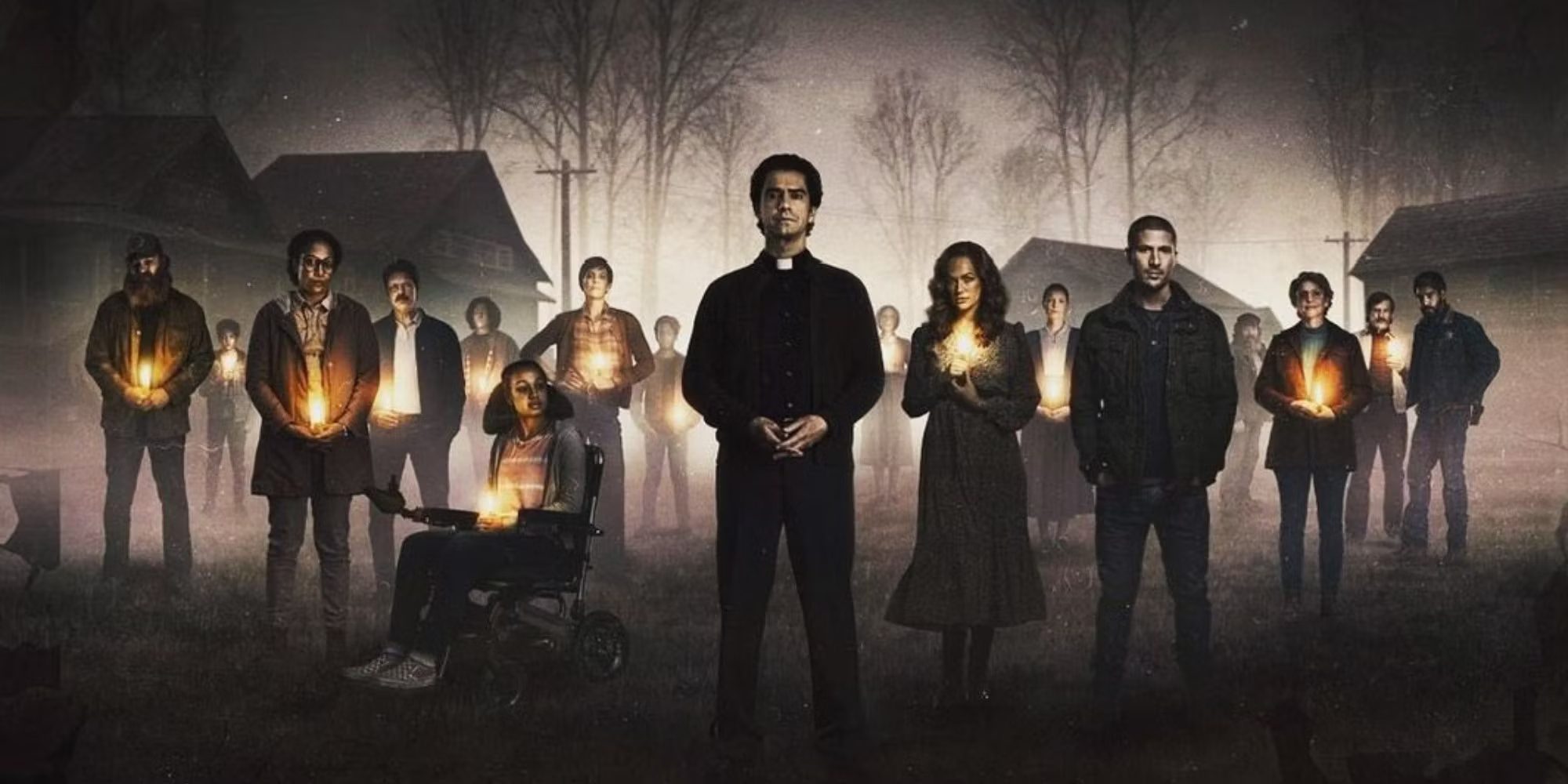
The Midnight Club is my least favorite series by a wide margin, but I’m not saying it’s not worth watching. Ilonka(Iman Benson) is a teenager who learns she has terminal cancer. She decides to stay in a sort of nursing home for young people with these illnesses. There, she uncovers a mystery about a woman who mysteriously recovered and then disappeared. Ilonka makes friends, learns about a cult, and gets far more than she bargained for. Each episode showcases a story told by one of the sick kids. They meet and drink at midnight to share stories, explaining the title. I found this show fun and cute, but it’s more geared towards a younger audience. It’s not as complex or emotionally wrought as some of the others. I think it was worth watching, but I doubt I’ll be revisiting this one often.
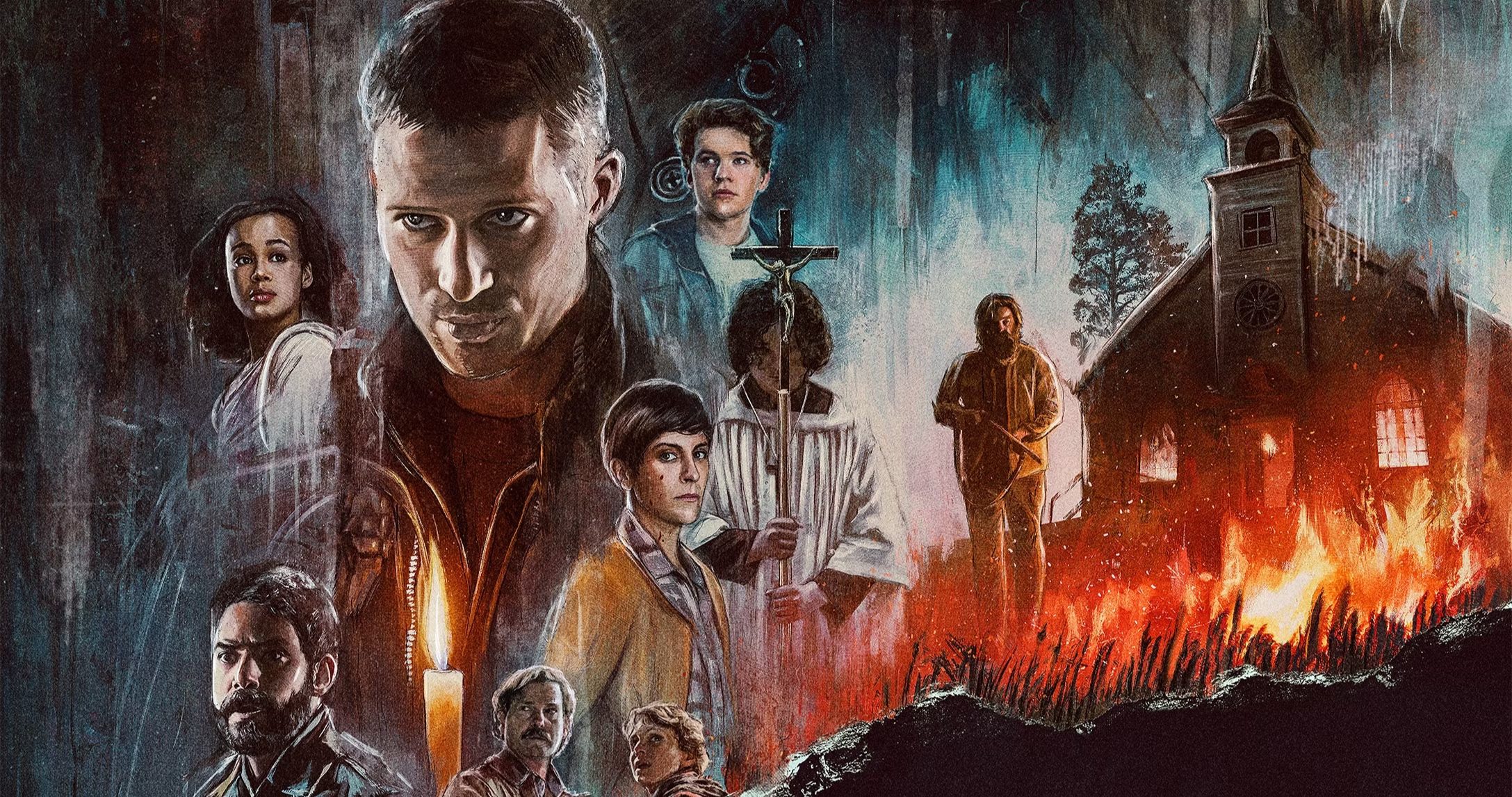
The Fall of the House of Usher is Flanagan’s love letter to the works of Edgar Allen Poe. More than a straight adaptation of the source material, Usher is a modern big pharma cautionary tale. It takes names and plot elements from Poe’s famous writings and brings them into the modern world, which is scary in a different way. This is the nastiest of Flanagan’s shows, delving into the sexual perversions of Roderick’s kids. It makes sense that being raised with anything you could ever want, your appetites would get out of control. But it made me hate the characters more, especially Tamerlane the cuck and Napoleon the serial cheater. None of the Ushers, Roderick and Madeleine included, value romantic or filial relationships beyond their practical uses. Of course, Victorine and Napoleon’s treatment of animals is worse than all the sexual conquest. Verna’s destruction of the Usher family one person at a time is punishment for Roderick and Madeleine, the completion of a deal signed decades earlier. But it’s hard to feel bad for the kids when their time comes. This show is the anti-Hill House in the sense of family bonds. Steve did Nell dirty, but at least he loves her. It wasn’t out of malice. The Ushers only value money, fame, and control. It’s fitting that Death, the one thing nobody can contain, comes for them in the end.
Kate Siegel talks about her character Camille L'Espanaye in THE FALL OF THE HOUSE OF USHER. pic.twitter.com/tbY9Au6Gix
— Mike Flanagan Source (@flanagansource) October 22, 2023
All of these series are worth a watch, but I would recommend The Haunting of Hill House and Midnight Mass the most. The former is the most technically excellent, but the latter is my favorite because of the imagery and ideas it deals with. My least favorite is The Midnight Club, which also unfortunately ends on a cliffhanger and has been canceled.

But what do you think? Have you seen these shows, and which do you like the best? Let us know in the comments below!

